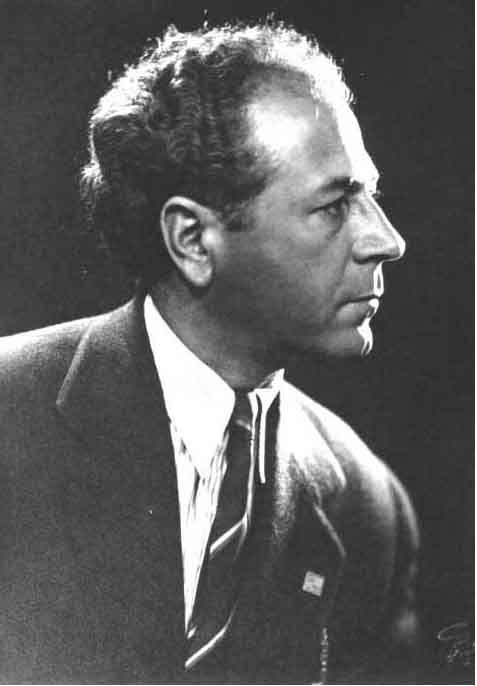A- Palestine: The Heart of Natural Syria
For Saadeh, Palestine was not a separate issue — it was the southern province of Syria. He supported Palestinian resistance not out of pan-Arab sentiment but as a national duty of the Syrian nation. In 1936, the SSNP was among the first organized forces to send volunteers to fight in Palestine.
Today’s Relevance
The fragmentation of Palestinian resistance (Hamas vs. Fatah, regional proxies) mirrors the broader Levantine disunity Saadeh warned against.
His vision calls for integrating Palestine’s liberation into a broader Levantine strategy — not as an isolated cause, but as the liberation of Syrian land from foreign occupation and internal division.
A Saadeh-inspired approach would reject reliance on foreign powers and instead build self-reliant, unified Levantine resistance structures.
B. Lebanon, Syria, Jordan: Artificial States in Crisis
Lebanon is paralyzed by sectarian quotas; Syria is devastated by war and foreign occupation; Jordan balances precariously between monarchy and regional pressures.
Saadeh’s diagnosis remains chillingly accurate:
“The nations of the world are not made by borders drawn by pens, but by the blood, sweat, and toil of generations living together on the same land.”
Today’s Application
The solution is not federation or confederation of weak states, but the reconstitution of the Syrian nation as a unified socio-political entity — not necessarily under one government immediately, but through deep economic, cultural, and strategic integration.
Cross-border infrastructure, shared educational curricula, joint defence pacts, and unified resource management (water, energy, agriculture) could be the first step toward Saadeh’s “social organism” concept.
C. Sectarianism: The Colonial Legacy Still Killing Us
From Lebanon’s confessional system to Syria’s Alawite-Sunni- Druze - Kurds tensions to Iraq’s ethno-sectarian quotas — the Levant bleeds from divisions Saadeh spent his life fighting.
His secular, civic nationalism offers an antidote:
- Replace sectarian identity with national civic duty.
- Education must be unified and national — not divided by sect or ethnicity.
- Political representation based on competence and national loyalty, not religious affiliation.
D. Foreign Interference and Neo-Colonialism
The Levant today is a chessboard for Iran, Turkey, Israel, the U.S., Russia, and the Gulf states. Saadeh’s call for absolute sovereignty and non-alignment is more urgent than ever.
A Saadehist foreign policy today would:
- Reject all foreign military bases.
- Build indigenous defense industries.
- Pursue regional alliances based on mutual interest, not ideological or sectarian alignment.
- Treat Israel not as a “Jewish state” but as a colonial implant to be resisted and ultimately dismantled through unified national will and not through scattered guerrilla actions or reliance on third parties.
HOW COULD SAADAH’S TEACHINGS HELP OVERCOME TODAY’S CRISES?
We believe Saadah would endeavour to;
1. Reawakening National Consciousness
The greatest weakness of the Levant today is psychological: people identify as Lebanese, Palestinian, Syrian — but not as part of a greater, natural nation. Saadeh’s writings can rekindle this consciousness through education, media, and cultural revival.
“A nation that does not know itself is a prey to others.”
2. Building a Unified Resistance Front
Imagine a Levantine Resistance Command — integrating all regional and local resistances not under any foreign command, but under a Syrian National Strategic Command, as Saadeh envisioned. This would be formidable.
3. Economic Integration as Foundation
Saadeh understood that political unity without economic cohesion is impossible. Today, the Levant suffers from blockades, sanctions, and fragmented markets.
A Saadeh-inspired plan would:
- Create a Levantine common market.
- Share water and energy resources (Litani, Jordan River, Euphrates).
- Build cross-border railways and industries.
4. Moral and Intellectual Renaissance
Saadeh placed immense emphasis on character building. He wrote: “The nation is not built by weapons alone, but by the spirit of its people.”
Today’s Levant needs a cultural revolution — rejecting victimhood, embracing responsibility, reviving dignity, discipline, and sacrifice.
The SSNP’s emphasis on youth education, physical training, and ethical formation is a model.
Rejecting the “Minority Mentality”
Saadeh refused to see Christians, Druze, Alawites, or Sunnis as “minorities.” He saw them as integral parts of the Syrian social fabric. In today’s climate of fear and identity politics, this is revolutionary. It disarms sectarian entrepreneurs and foreign manipulators.
CHALLENGES AND CRITICISMS
But these are distortions or consequences of historical circumstance — not inherent flaws in his doctrine. His core principles remain intact and urgently relevant.
CONCLUSION: SAADAH AS A PROPHET FOR OUR TIMES
Antoun Saadeh was ahead of his time — and perhaps, his time is now.
The Levant is bleeding from artificial borders, sectarian hatred, foreign occupation, and internal collapse. Palestine remains occupied. Lebanon is failing. Syria is broken. Jordan is vulnerable.
Saadeh offers not nostalgia, but a roadmap:
- Unity over fragmentation.
- Secular civic nationalism over sectarianism.
- Self-reliance over dependency.
- Discipline and sacrifice over corruption and apathy.
- Geographical destiny over colonial cartography.
In an era where the Palestinian resistance is heroically rising again — from Gaza to the West Bank to the diaspora — Saadeh’s vision reminds us: this is not just Palestine’s battle. It is the battle of the Syrian nation to reclaim its land, its dignity, and its future.
“The Syrian nation shall live as long as its people believe in its existence and are ready to sacrifice for it.”
The hour is late. The need is great. Saadeh’s torch — if picked up with wisdom, not dogma — may yet light the path to Levantine rebirth.
Final Thought:
The SSNP today is fragmented and politically compromised in many areas. But Saadeh’s ideas transcend any party. What is needed now is not necessarily the SSNP as an organization, but a Saadehist renaissance — a movement of intellectuals, youth, workers, and fighters across the Levant who embrace his vision of unity, sovereignty, secularism, and revolutionary will.
The land is one. The enemy is one. The solution must be one.
“The nation is not an idea in the mind — it is a reality in the land, in the people, in their daily life and common destiny.”
— Antoun Saadeh

